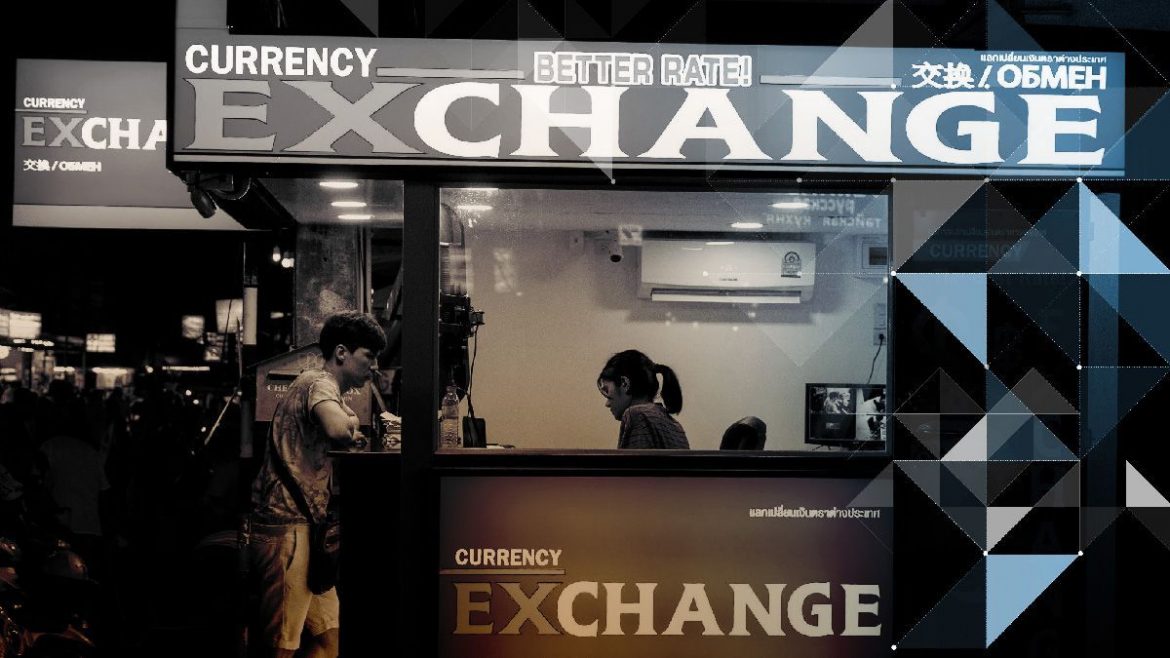Initial coin offerings (ICOs) and security token offerings (STOs) are two of the most widely used terms in cryptocurrency crowdfunding. But thanks to recent developments, another term is now becoming prominent in the community.
The term, of course, is initial exchange offering (IEO).
An ICO is largely unregulated in the current space, where it is conducted by a relevant startup. The fundraising, legal and security activities are all facilitated by the startup.
But an IEO changes the equation. In an IEO, fundraising is facilitated not by the startup, but by the exchange platform where it is being hosted.
This changes a number of things.
What is an Initial Exchange Offering (IEO)
An IEO doesn’t directly hand the funds to the startup.
In ICOs, the funds are directly sent by the investor to a smart contract or wallet address set and managed by the startup.
In IEOs, the funds are sent over to the exchange platform. Users who are already registered on the exchange can easily access the token offerings presented through an IEO.
Once the overall funding goal has been met in the form of hard cap or soft cap, or the deadline passes with no soft cap defined, then the cryptocurrency exchange moves to the next step.
With the help of the startup/token issue, it converts the received funding into tokens that are distributed to users. Tokens are then listed on the exchange.
The KYC/AML Process for Customers
ICOs must perform to know your customer (KYC) and anti-money laundering (AML) procedure by themselves. This process takes a long time, mainly due to unknown entities reaching out to process the funds.
Whereas, in an IEO, the cryptocurrency exchange has the funding open to its registered users. Most of these users have already gone through the KYC/AML procedure and are fully able to start contributing to the offering right away.
In cases where hopeful investors are not already users of the cryptocurrency exchange, the exchange may facilitate the verification through processes that are already set in place. Thus, these processes take lesser time than another entity performing them.
The Compliance Process for Startups
As mentioned above, startups benefit from KYC/AML processes being done more smoothly. But investors could also take advantage of the exchange and its own compliance process.
This creates a level of trust between the investor and the startup, since the investors are aware that the startup is likely not be a fly-by-the-night operation.
This gives more exposure for the startup, and more security for the investor. As a result, this check and balance lets more investors delve into potentially secure funding opportunities.
Some Examples of Popular IEO Platforms
The most popular IEO platform at the moment has to be Binance Launchpad, which has already hosted a few offerings to unprecedented success.
In the wake of Binance Launchpad, Bittrex, Huobi, and KuCoin have all launched their own IEOs. While the names are different, all of these platforms serve the same purpose: of facilitating easier crowdfunding in the cryptocurrency space.
IEO Value
People within the bitcoin community and larger crypto community may still consider ICO’ and IEO’s with utility tokens to have minimal to no value.
Utility tokens are not claims on assets but are simply exposure to a potential price increase if others believe it will go up, market manipulation, or token velocity.
As seen with the BTT token over the past few months, the token appreciated initially and then gradually decline and has leveled off at this depreciated level.
Remember, exchanges have the incentive offering more tokens to trade to increase their revenues, as such, always do your own due diligence prior to investing.
Disclaimer: Content provided by CryptoTraderNews is for informational purposes only, and should not be construed as legal, tax, investment, financial, or other advice. All information is of a general nature. As always, there is risk with any investment. In exchange for using our products and services, you agree not to hold CryptoTraderNews Pro, its affiliates, or any third party service provider liable for any possible claim for damages arising from decisions you make based on information made available to you through our services.

1 comment
[…] Insights […]
Comments are closed.